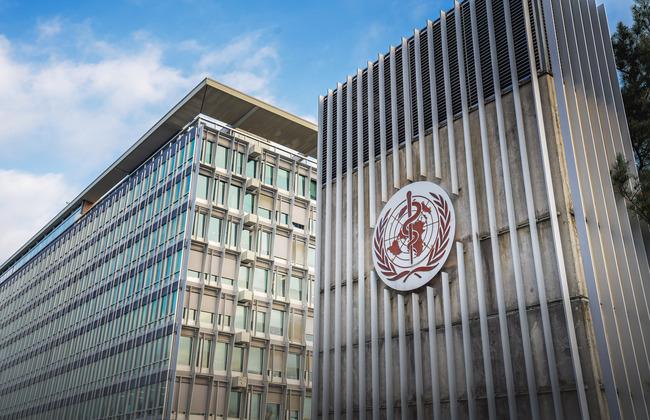WHO Collaborating Centre for Quality Assurance of Blood Products and in vitro Diagnostic Devices (IVD) Designated for Sixth Time
The successful cooperation between the Paul-Ehrlich-Institut and the World Health Organization (WHO) in the field of safety of blood products and in vitro diagnostics of viral and immunological markers is continuing. WHO confirmed the collaborating centre's designation for the sixth time in a row. The WHO Collaborating Centre is located within the Paul-Ehrlich-Institut's EU reference laboratory (EURL) and is headed by Dr Karin Metzner, Director of the EURL, and Dr Gabriele Unger. The designation is valid from 22 July 2025 to 21 July 2029.
 Source: Diego Grandi/Shutterstock
Source: Diego Grandi/Shutterstock
The WHO Collaborating Centre receives annual financial support for its work from the Federal Ministry of Health (Bundesministerium für Gesundheit, BMG). It will continue to focus on the following areas:
- The development of biological standard materials (International Biological Reference Preparations, IBRP) as well as participation in corresponding collaborative studies. IBRP are crucial for the development and standardisation of numerous biological and immunological tests (in vitro diagnostic medical devices, IVDs). These are used to diagnose diseases and for the quality assurance of medicinal products of biological origin – including blood-based products, vaccines and antibodies.
- Participation in the preparation of WHO Guidelines and Recommendations.
'Non-endotoxin Pyrogen Reference Reagents' Project of the WHO Collaborating Centre
As part of cooperation with the WHO, the Microbiological Safety Section in the Infectious Diseases Division is developing non-endotoxin pyrogen reference reagents (NEP reference reagents) for the monocyte activation test. This work is carried out in collaboration with the National Institute for Biological Standards and Control (NIBSC, UK) and the European Directorate for the Quality of Medicines and HealthCare (EDQM).
The monocyte activation test is used to detect fever-causing substances (pyrogens) in medicinal products. The test uses human whole blood, which can help to replace animal experiments (in vitro method).
The WHO Collaborating Centre’s Role in the Achilles Project
Another focus of the cooperation is the centre's participation in the WHO's Achilles project. The aim of this project is to improve access to safe plasma protein products (PPPs) in Low and Middle Income Countries (LMICs). The initiative supports the introduction of suitable production technologies, promotes sustainable implementation, and aims to reduce supply gaps in PPPs in LMICs. The project has already been successfully implemented in South Africa and Indonesia and is currently being implemented in Senegal and Ethiopia. More countries are to follow.
Support for Blood Regulation Tasks
Experts from the Paul-Ehrlich-Institut also support WHO in assessing national blood regulations using the WHO Global Benchmarking Tool plus Blood (GBT plus Blood). They also contribute to training measures to help others learn how to apply the tool correctly.



